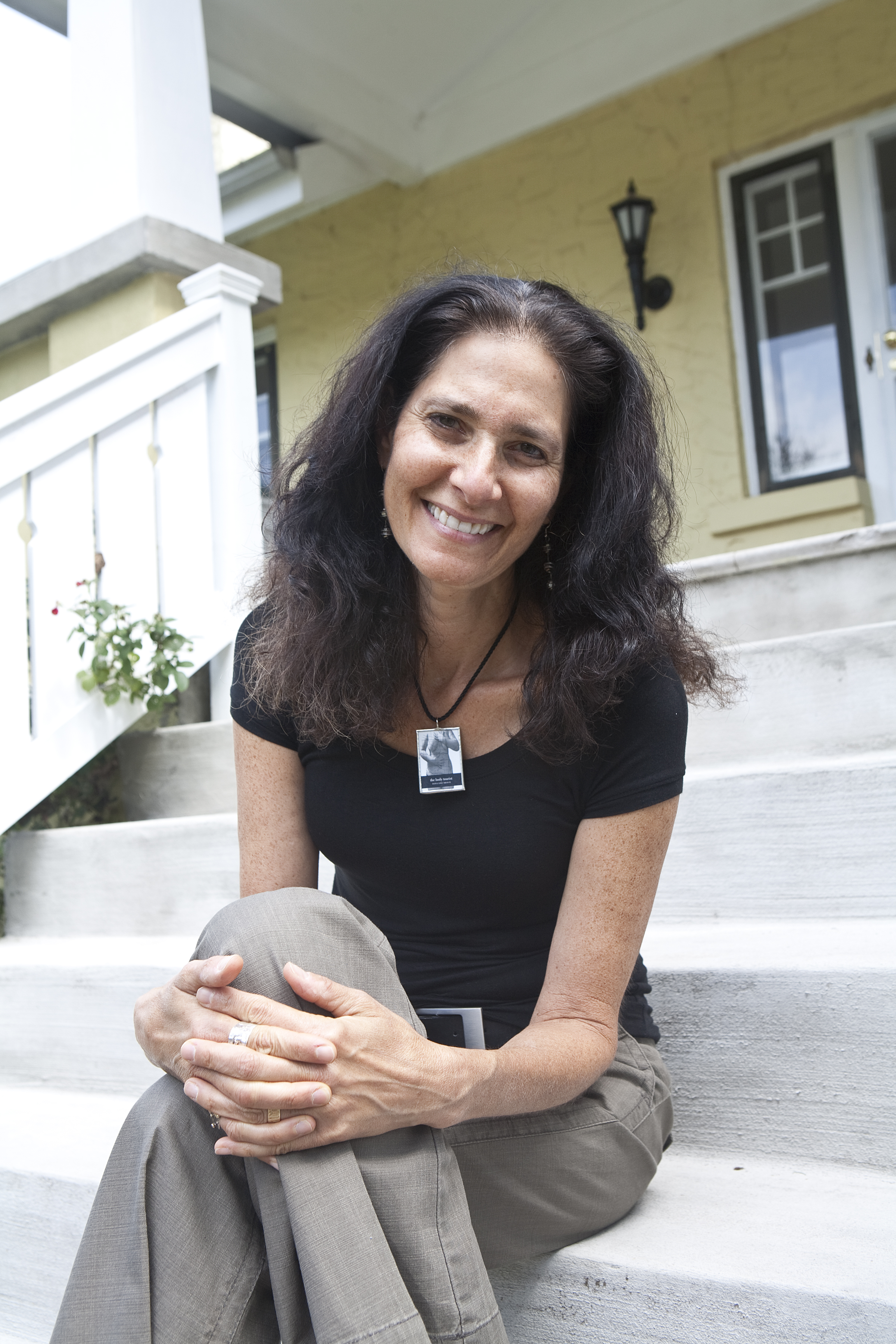I don't really want to wade into the conversation about sexual abuse/rape culture/whether who did what to whom was worse than what someone else supposedly only talked about doing. But it's the elephant in the universe.
It's all over the news, all over Facebook, and all over almost every conversation I am having and overhearing. Everything else I've been thinking about lately seems insignificant by comparison.
A few things stood out to me in the swirl of conversation surrounding the recently released Donald Trump recording in which the Republican presidential nominee spoke lewdly about women and the liberties he can take with them because of his celebrity.
First, on the Friday the tape went public, author Kelly Oxford, who wrote "Everything Is Perfect When You're a Liar," asked women who had experienced sexual assault to tweet her their stories. She expected only a handful of replies. What actually happened was that, by the next morning, stories were pouring in at a rate of 50 per minute. Within three days, nearly 27 million people had responded and/or visited her Twitter page.
I was 10 when a group of boys in my Sunday school class groped me. I was 13 when the father of the children I was babysitting drove me home, then planted a wet, sloppy kiss on my lips before I could get out of his car. I was 25 when a man walking past me at a bar thrust his hand completely up the front of my skirt. I was 26 when a friend of a friend attempted to force me to perform oral sex.
The worst aggression, however, happened at my workplace. I was 27 when a co-worker at the mental health center where I was a counselor yanked my chair backward and attempted to kiss me and then, after I fought him off, made a comment so vulgar it still embarrasses me to think about it. But this is not the aggression I am talking about.
I reported the co-worker's behavior to my immediate supervisor. It was when I learned that his bad behavior wasn't limited to me. In the weeks that followed, the agency made a shockingly reprehensible decision: It transferred my co-worker to one of our satellite mental health centers, where he would continue his counseling duties under less supervision.
This is the aggression I am talking about.
Three months later, my Performance Review indicated I needed improvement in the area of employee relations. This was directly related, said my supervisor, "to that thing with Mr. J." Meaning, I came to understand, that thing where I reported that thing with Mr. J.
This is also the aggression I am talking about.
What also has stood out for me in the swirl of recent conversation is: In the wake of Oxford's request, one woman wrote that her experiences seemed "small" compared to what other women had experienced. Her's included a man at her gym inviting her home to "play" when she was 11; a janitor at her synagogue kissing her at 13; a boy on the street groping her at 15. Perhaps, she speculated, the reason her experiences seem small to her is because we live in a world "where these behaviors are commonplace."
This seems, to me, a terrible truth.
An anonymous writer once said, when asked whether he didn't hope for something more, "Nobody ever hopes for something less." In a campaign season marked by bitterness and divisiveness, I have certainly hoped for something more. And maybe this is it. Maybe this swirling conversation we are having about sexual assault and rape culture and locker-room talk and what is and is not acceptable to say and do to other human beings, is our takeaway.
And maybe this is more than we knew to hope for.
Dana Shavin's memoir, "The Body Tourist," is available at Star Line books and online.

